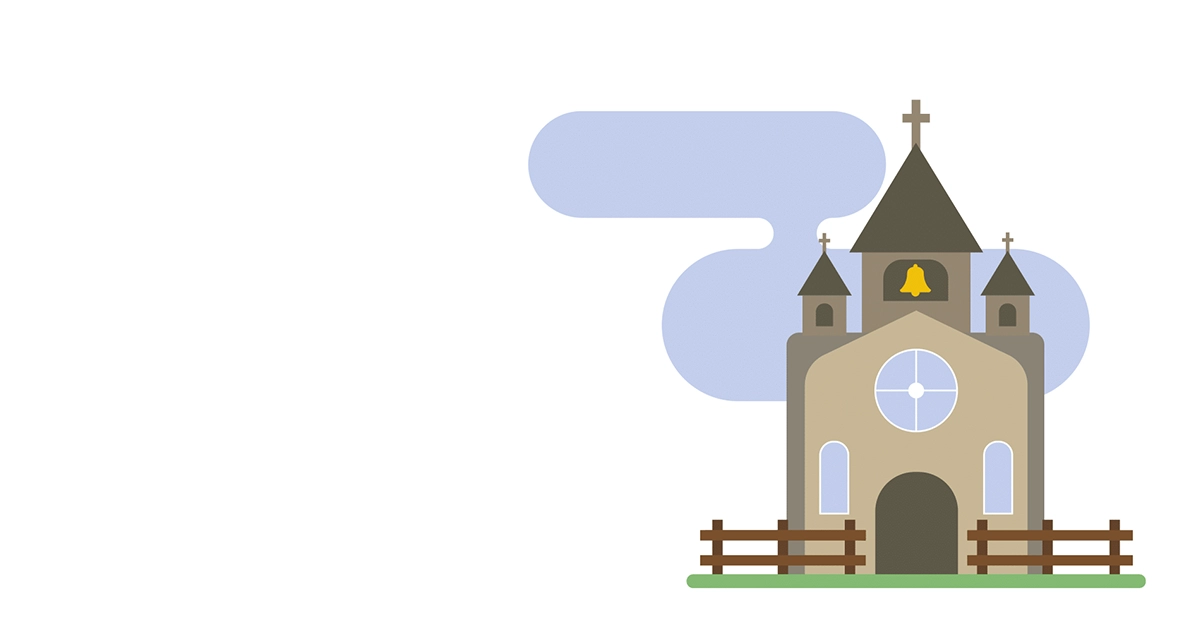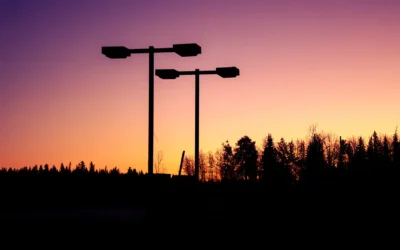A few months ago, I was watching an episode of Last Week Tonight with John Oliver. I was entertained, as usual. Then, Oliver started discussing Donald Trump’s comedy flop at a Catholic charity event.
I tensed up. Please don’t do it, John, I thought. Please, don’t.
But he did it.
He made a joke about the Catholic Church being misogynistic.
That “joke” marked the first time (in a while, at least) that, due to offense, I’ve ever stopped watching an episode of something I otherwise like. Was that dramatic of me? If people’s reactions to my upset on Tumblr are any indication, maybe.
I don’t care, though. Like so many other secularists, Oliver — deliberately or otherwise — spoke over the experiences of religious women. Women like me. Gay women like me, who usually have their experiences as gay women spoken over by secularist straight men.
I could talk to you about the liberating doctrines of the Catholic Church. And, actually, that’s kind of what I’m going to do.
But I’m also not writing this to convert anyone. I mean, if you want to look more into Catholicism after reading this piece, that’s great. However, my point is less to proselytize and more to convince people that gay religious women aren’t poor, oppressed puppets.
For some context, I was confirmed into the Catholic Church (who is, by the way, properly referred to as “she” and “her”) at the age of 12 after having been raised in her my entire life. A year or so later, I realized I wasn’t straight.
One might think this realization would be cause for angst in me — goodness knows such events are played up for drama in media.
There wasn’t any angst for me at all, though. I just kind of went with it.
After six years of identifying as bisexual, I realized I was biromantic grey-asexual (i.e., I rarely experience sexual attraction).
Sometimes, I still question myself about my orientation — at some points, I might feel more inclined this way or that way.
The great thing is that I’ve never felt the need to justify that reality to a Catholic in a religious context. While I can’t say no Catholic would ever give me a hard time about my orientation (a death threat I received on Tumblr that cited the Bible had to have come from somewhere), it’s generally been a non-issue.
Contrast that with secular contexts. For whatever reason, when one comes out as non-straight in these contexts, people can have this need for you to justify your labels (or lack thereof).
“Have you ever been with a girl?” (No.) “Have you ever kissed a girl?” (Yes.) “Are you sure you’re not just identifying as bi because of compulsory heterosexuality?” (I don’t care.)
It comes from straight people and LGBTA+ people alike. Secular society feels entitled to know the details of a poor little gay woman’s personal life. It’s not fun, to say the least.
It’s particularly hard when you identify as asexual. If you’re not dealing with standard heteronormative nonsense, you’re dealing with people demanding you disclose your romantic orientation, your gender identity, and every other little piece of “evidence” they could use to exclude you from gay communities. It’s mentally and emotionally violent, honestly.
Do you see, then, why some non-straight people might feel more comfortable in a religion that doesn’t intrude?
I’m not maligned for being a woman in Catholic contexts, either. Secularists like to wax superior about how the clergy of Catholic Church is all-male and, oh, how those poor women are being “oppressed” by the structure.
Explain to me, then, why virtually every single priest I’ve ever met has treated me with respect. Explain why, when the priest needs a reader at Mass, he doesn’t grab me or intimidate me into submission, but instead politely asks me if I can do the reading.
Words like “domination” and “oppression” imply violence. While the Catholic clergy is all-male, this fact does not mean that women have been left unautonomous. I can’t be a priest, it’s true, but that’s fine. Just because a woman doesn’t hold power in the way you, an outside observer, feels she should, that doesn’t mean that she doesn’t have power.
All of this speaking over marginalized members of the Church feels especially hypocritical coming from some people, too. So many of these people harp on about “choice,” and women “choosing” to do whatever they feel is “right.”
Why is it that when a woman decides to follow a religion, some people decide she has suddenly made the “wrong” choice – if you even acknowledge she’s made an autonomous choice at all?
Take the case of abortion, for example. Some “progressives” will go on and on about how it’s a woman’s “choice” to get an abortion or not. However, many of these same people will attack the Church for opposing abortion, not considering that Catholic women choose to join the Church knowing about and consenting to this teaching, and that if they don’t like it, they’re free to leave.
It’s especially interesting to see this come from some people. Some people want issues like pregnancy to be made gender neutral, with the pretense of including transgender people. However, some of these same context-changers will then make pregnancy a “women-only” issue the moment religion comes into play.
It’s almost as if some people just enjoy watching women suffer.
And therein lies the core of it all: people who speak over marginalized groups regarding issues concerning those groups don’t care about marginalized people at all. They really don’t. They only care about themselves, bolstering their own egos and imposing their worldviews on others. They condemn any perceived removal of autonomy on one hand, but they gleefully grab at marginalized people’s autonomy with the other.
How ironic.
By now, I can hear the cries of, “Not all Catholic women feel that way,” or, “Not all gay Catholics feel that way.” at’s their prerogative. It’s a prerogative that may not be in line with Church teachings, but they do have the free will to have that prerogative all the same.
However, what I am trying to say is that when people join a religion, they know — or, at least, they should know — what they’re getting into. If they don’t like it, then most religions allow the option of people leaving. Not only that, but for many people, religion is an escape from an oppressive secular society that will never accept them as they are.
In immersing myself in my Faith, I have emancipated myself from a society that is, no matter what, not going to be satisfied with whom I am. If people are dissatisfied with that, then the burden of the dissatisfaction is on them, not me.
My burden is having to abide secular nonsense.





0 Comments